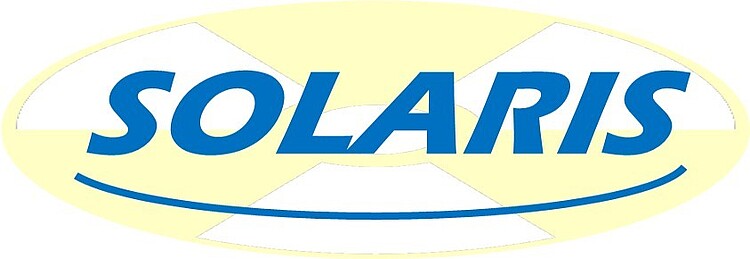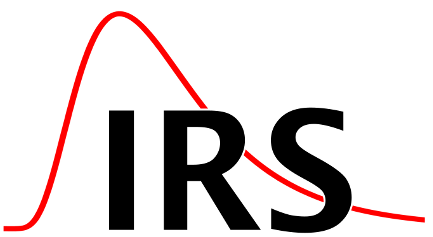Spurendetektion und ortsaufgelöste Analyse von Radionukliden mittels Laser-Ionisations-Massen-Spektrometrie (SOLARIS)

| Led by: | Prof. Dr. Clemens Walther |
| E-Mail: | walther@irs.uni-hannover.de |
| Team: | Dr. Nina Kneip, Paul Hanemann, Tobias Weissenborn |
| Year: | 2022 |
| Funding: | BMBF 2020+ 02NUK075A |
| Duration: | 01.09.2022 - 31.08.2025 |
Spurendetektion und ortsaufgelöste Analyse von Radionukliden mittels Laser-Ionisations-Massen-Spektrometrie (SOLARIS)
Building on the results of the SIRIUS1-project, the method of rL-SNMS (resonant Laser Secondary Neutrals Mass Spectrometry) will be improved. This method allows the special resolved detection of actinides like plutonium and americium of less than 107 atoms. The SOLARIS project will focus on the measurement of radioactive particles from the environment, the investigation of the migration-behavior of actinides in clay rock and hydrated cement as well as the improvement of the rL-SNMS.
As part of nuclear waste management, it is often necessary to determine the content and speciation of radionuclides in different materials. Examples for this are safety-cases for a final repository which require data about migration and retention of actinides or for the waste management with the goal of the clearance of the material, where the content of radiometric difficultly measurable radionuclides needs to be determined. Both for the determination of the activity concentration as well as for the modeling of transport from waste casks to the biosphere, the specially resolved determination of traces is necessary.
1 FöKZ 02NUK044A
Collaboration
- Institut für Kernchemie, Johannes Gutenberg-Universität Mainz (KCh JGU), www.kernchemie.uni-mainz.de
- Institut für Physik, Johannes Gutenberg-Universität Mainz (IPh JGU), www.iph.uni-mainz.de/
- HÜBNER Photonics GmbH, https://hubner-photonics.com/


